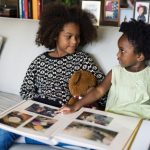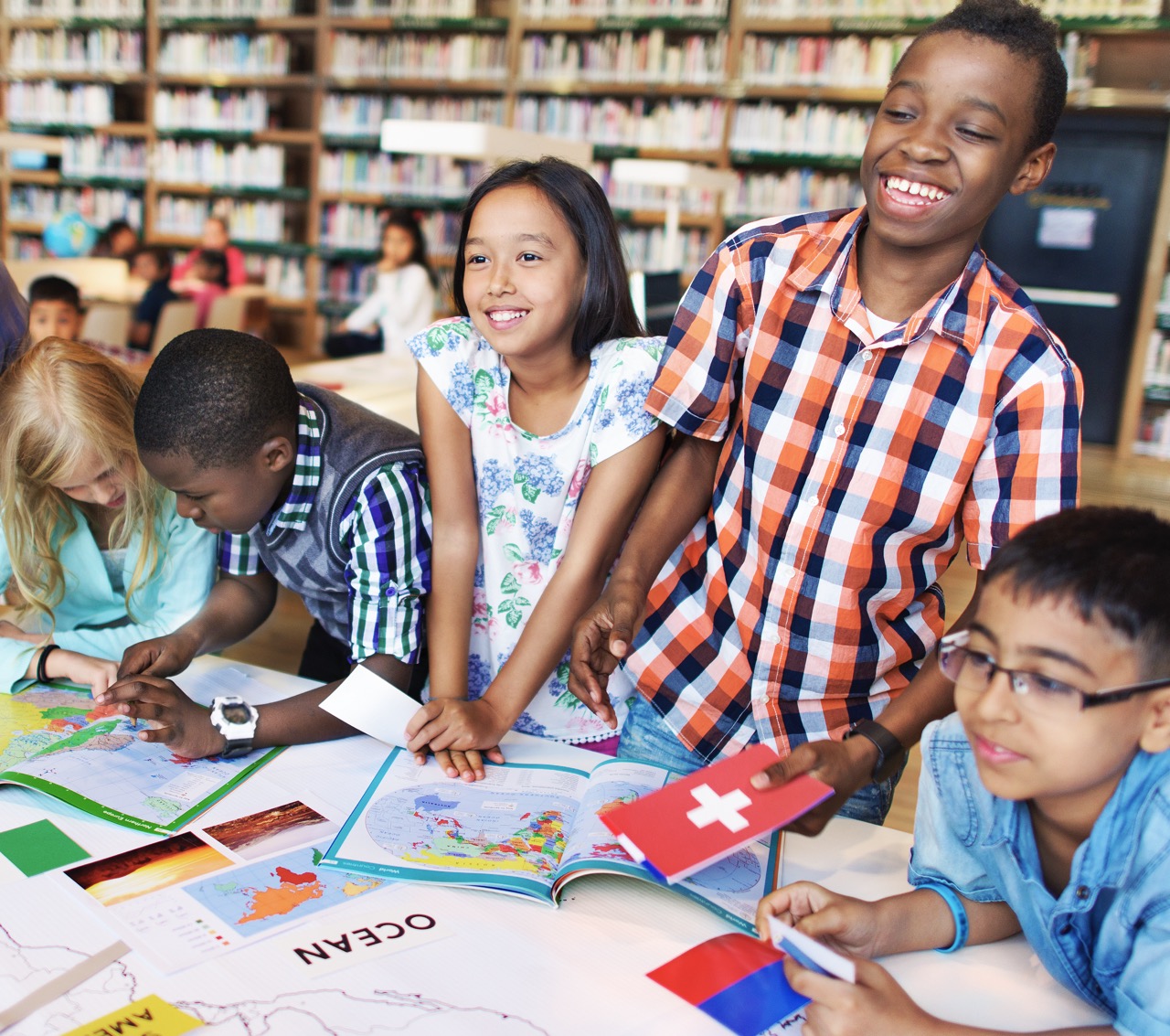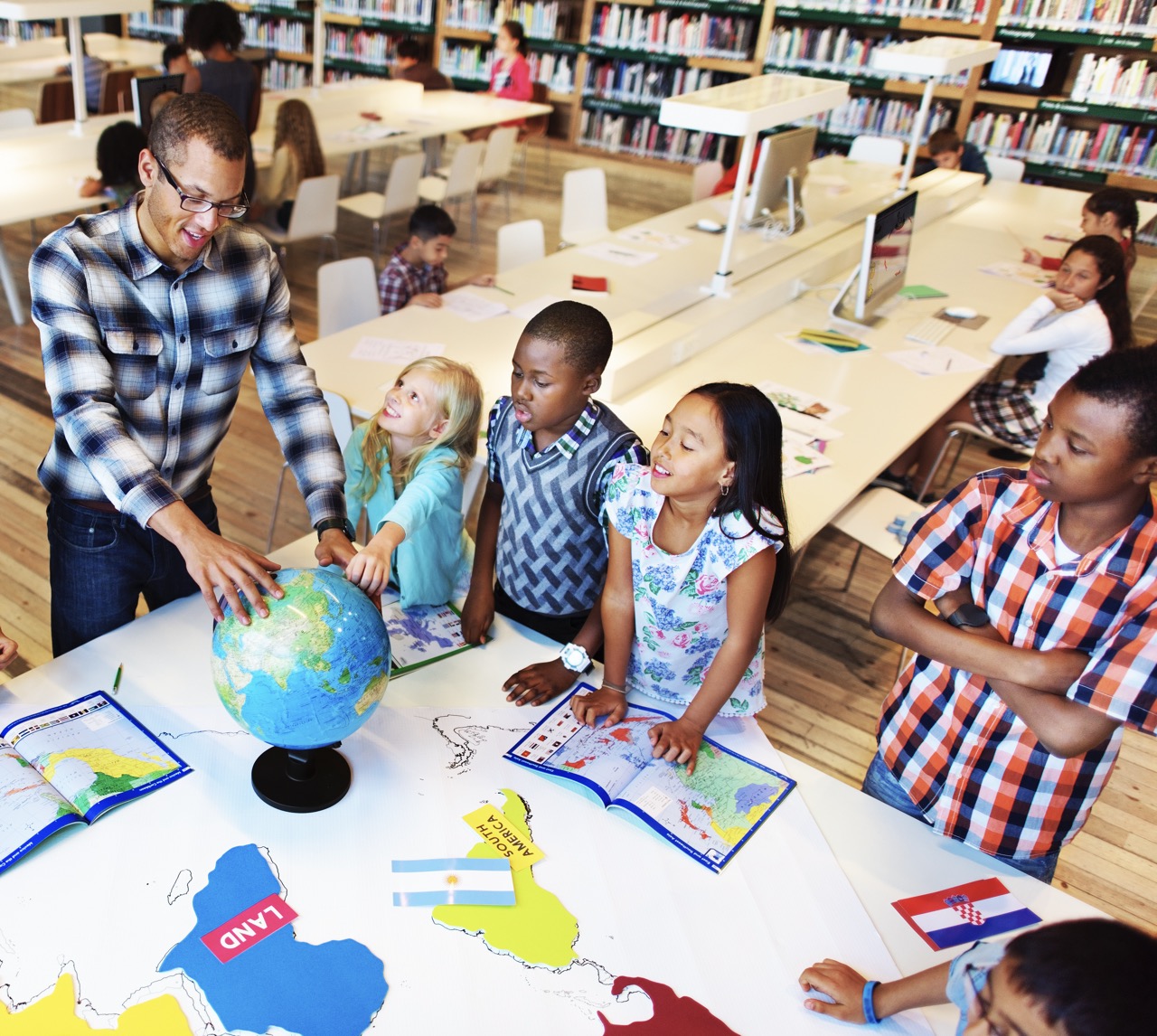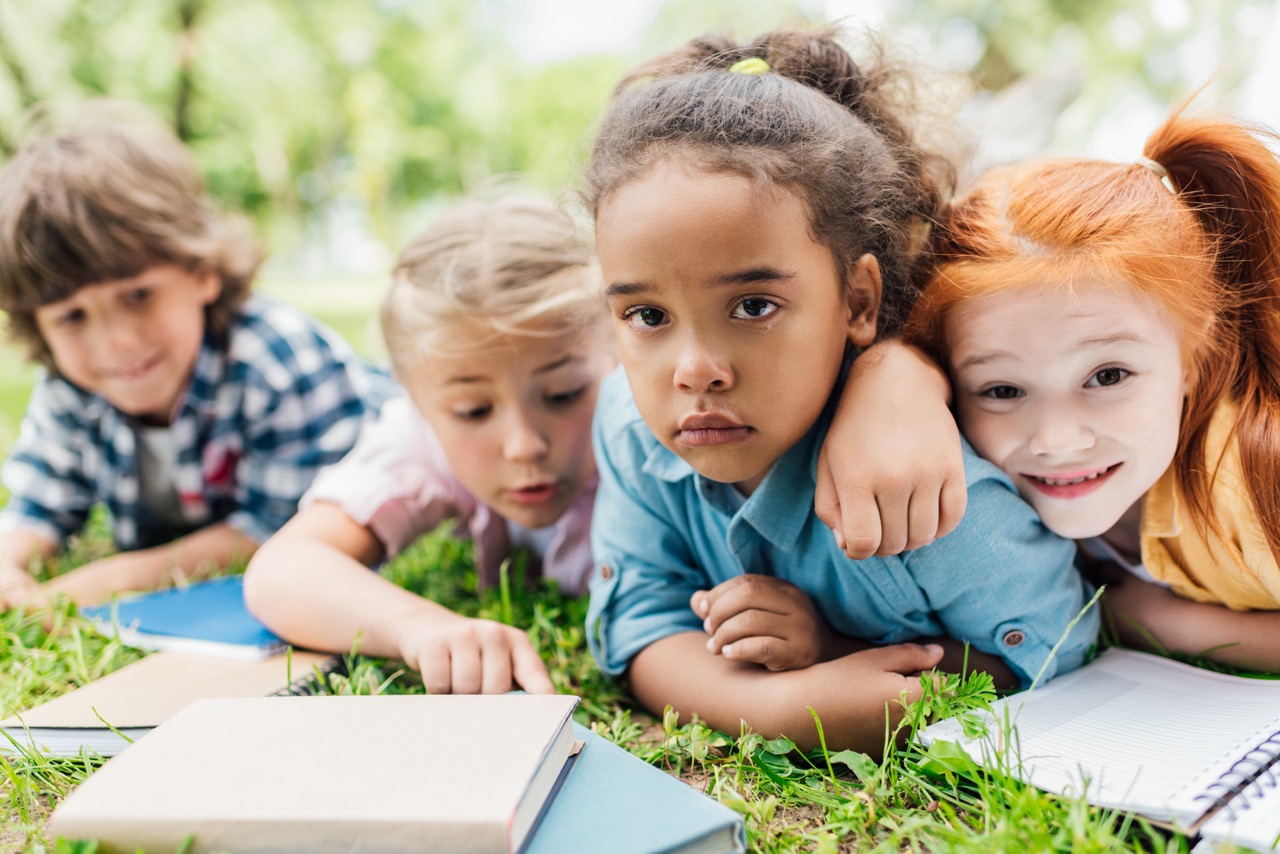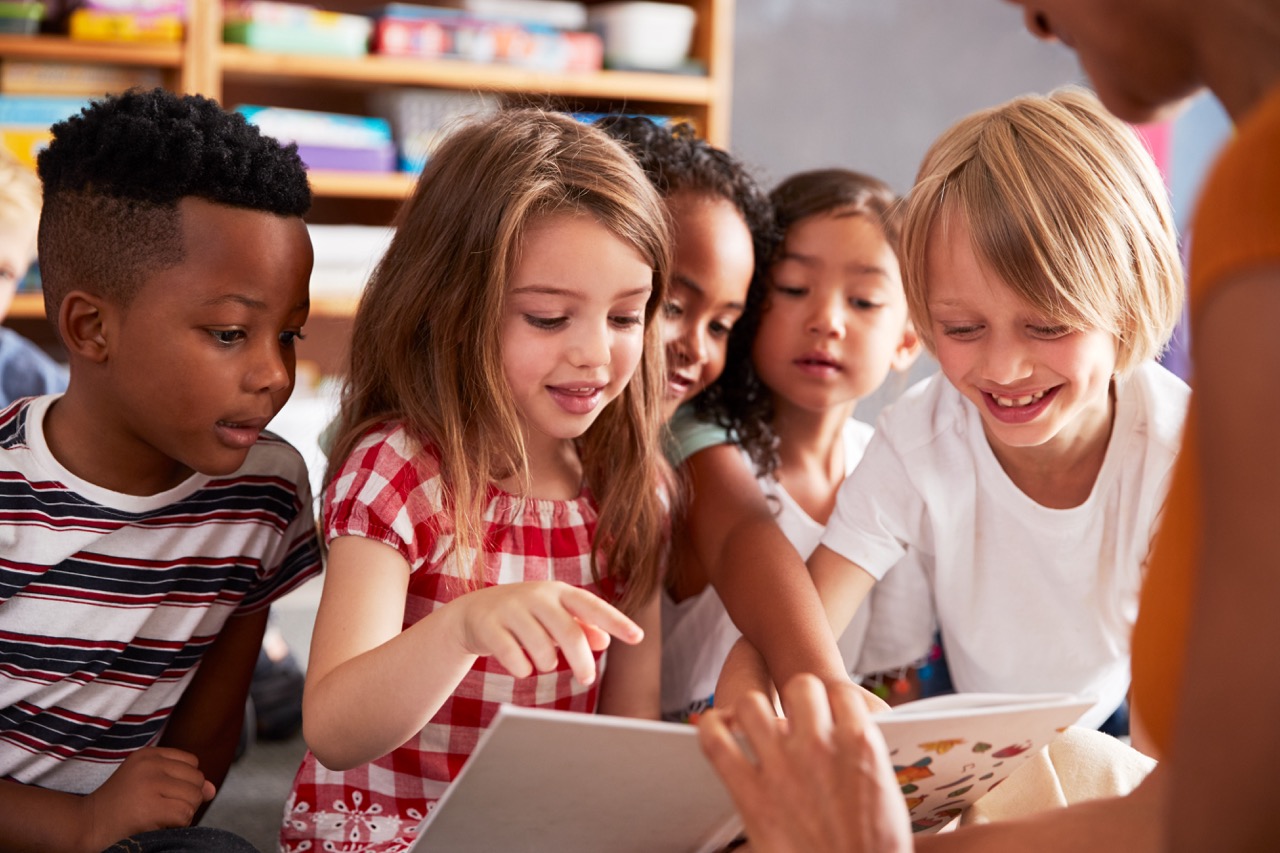In an age where digital distractions often take precedence, fostering a love for literacy in children is more important than ever. Fun literacy games can spark enthusiasm for reading and writing, leading to a lifetime of learning. By incorporating play into learning, parents and educators can transform the way children perceive literacy. This article explores various engaging games and activities designed to enhance literacy skills while keeping kids entertained.
Engaging Literacy Games to Spark Kids’ Imagination
One of the most effective ways to ignite a child’s imagination is through engaging literacy games. Games like "Story Cubes" encourage children to roll cubes with images and create a story based on the pictures they see. This not only enhances their creativity but also helps them learn how to construct narratives, understand sequencing, and develop critical thinking skills. Children revel in the challenge of connecting the dots between random images, making it a fun and educational experience.
Another exciting game is "Literacy Scavenger Hunt." By creating a list of items that start with specific letters or contain certain sounds, kids can explore their surroundings while honing their observation skills. This game encourages them to be active participants in learning, as they search for objects that match the criteria. As they find each item, they can also practice saying the words aloud, further reinforcing their phonetic awareness.
Finally, the "Character Creation Game" allows children to invent unique characters and share their traits with the group. Kids can draw their characters or describe them verbally, helping to develop their storytelling and descriptive writing skills. This game fosters collaboration, as children can build on each other’s ideas and create collective stories, promoting teamwork and communication.
Fun Ways to Turn Reading into an Exciting Adventure
Transforming reading into an adventure can make books come alive for children. One way to do this is through "Reading Role Play," where kids act out scenes from their favorite books. This immersive experience allows them to step into the shoes of their favorite characters, making the story more relatable and memorable. By using props or costumes, children can express themselves creatively while deepening their understanding of the narrative.
Another engaging activity is the "Reading Relay," which involves setting up different reading stations around the house or classroom. Each station features a different book or reading material. Kids take turns racing to each station, reading a passage aloud before moving on to the next. This fast-paced game encourages fluency and comprehension while introducing them to diverse genres. As they race against time, the excitement of reading increases, turning it into a fun challenge.
Additionally, hosting a themed "Reading Night" can make literature more enticing. Parents can set up cozy reading corners, complete with blankets and fairy lights, and encourage kids to dress up as their favorite book characters. This special event can include storytelling sessions, book discussions, and even crafts related to the stories read. Such a night not only promotes reading but also enhances family bonding through shared literary experiences.
Interactive Word Games to Boost Vocabulary Skills
Interactive word games are an excellent way to expand a child’s vocabulary while keeping the learning process enjoyable. One popular game is "Word Bingo," where children fill their bingo cards with words instead of numbers. When the caller reads out the definitions or synonyms, kids must find the corresponding word on their cards. This game reinforces vocabulary retention and helps children learn in a fun, competitive environment.
Another engaging option is "Scrabble Jr." or "Boggle." These games challenge children to create words from given letters, enhancing their spelling and vocabulary skills. As they play, kids learn about word formation, phonics, and even strategies for word placement. The competitive element adds excitement, motivating them to think creatively and expand their word bank.
"Hangman" can also serve as a fun vocabulary-building exercise. When playing this classic game, children can practice spelling and learn new words as they try to guess the hidden letters. By discussing the meanings and usages of the words chosen, kids gain a deeper understanding of language, helping to solidify their vocabulary in an enjoyable way.
Creative Storytelling Activities for Young Readers
Storytelling is a fundamental aspect of literacy development, and there are numerous creative activities that can enhance this skill. One effective method is "Story Starters," where children receive a prompt or the first sentence of a story and are tasked with creating an entire narrative from it. This activity boosts creativity and encourages them to think outside the box, developing their unique storytelling voice.
Another engaging activity is "Picture Book Creation," where children are guided to create their own picture books. They can brainstorm ideas, draw illustrations, and write the accompanying text. This hands-on project not only allows for artistic expression but also enables children to learn about structuring a story and the importance of visual storytelling.
Incorporating technology with "Digital Storytelling" can also be captivating. Kids can use apps or websites to create animated stories or digital comics. This blend of literacy with digital skills makes storytelling more relevant in today’s tech-savvy world, while still emphasizing the core elements of narrative and character development. By engaging in various storytelling formats, children can develop a strong love for both reading and writing.
Simple DIY Literacy Games You Can Make at Home
Creating DIY literacy games at home can be both fun and educational. One simple game is "Alphabet Treasure Hunt," where parents hide letters around the house. Kids can race to find the letters and then create words using the ones they collect. This not only boosts letter recognition but also enhances spelling skills in a playful manner.
"DIY Sight Word Memory" can also be an effective home activity. Parents can create cards with sight words and play a matching game with their children. As they seek out matching pairs, kids practice recognizing these essential words, improving their reading fluency. The repetition involved in this game helps reinforce memory retention in a fun and interactive way.
Finally, "Craft Stick Story Sticks" can encourage creativity and storytelling. Parents can write different characters, settings, and events on craft sticks. Children can randomly pick a few sticks and create a story based on the elements they choose. This activity enhances narrative skills and encourages imaginative thinking, making it a delightful DIY project for the whole family.
Encouraging Lifelong Reading Habits Through Play
To nurture lifelong reading habits, it’s essential to make reading a regular and enjoyable part of a child’s life. One effective strategy is to integrate reading with playtime, allowing kids to associate books with fun experiences. For example, pairing reading with a game of "Book Charades," where children act out scenes from books, can create positive memories tied to reading.
Hosting regular "Literacy Playdates" where children come together to read and engage in literacy-focused activities can also cultivate a love for books. By allowing kids to share their favorite stories and participate in group reading sessions, they can learn from each other and reinforce the social aspect of reading. These playdates can include games, discussions, and crafts related to the books read, making literacy a group endeavor.
Moreover, creating a "Family Reading Hour" can establish a routine that emphasizes the importance of reading. During this time, family members can read their own books or share stories aloud. This shared experience not only reinforces the value of reading but also creates an environment where literacy is celebrated. By making reading a joyful part of family life, children are more likely to develop a lifelong passion for literature.
Incorporating fun literacy games into children’s lives can significantly influence their attitude toward reading and writing. By blending education with play, we can create enriching experiences that enhance literacy skills while fostering creativity and imagination. As we explore various engaging activities, it’s clear that the foundation for a lifetime of reading begins with enjoyable and interactive experiences. Let’s embrace the joy of learning and encourage our young readers to embark on their literary adventures!





